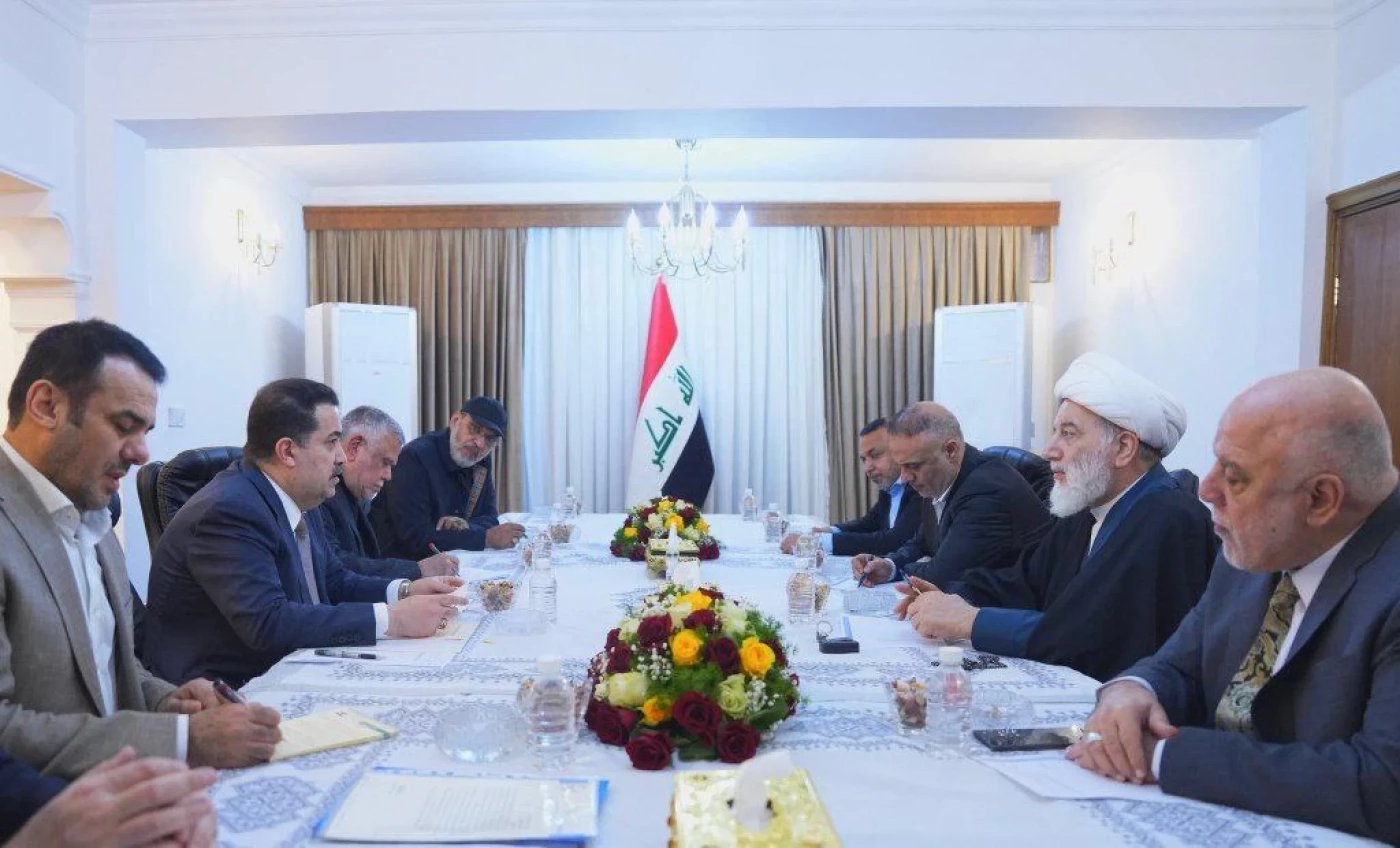ERBIL, Kurdistan Region of Iraq - Iraq's ruling Coordination Framework said on Sunday that it has launched the political process to form Iraq’s next government. The bloc also outlined the criteria it will use to select the next prime minister, stressing that the nominee must be “locally, regionally, and internationally acceptable.”
Hasan Fadaam, a senior figure in the Coordination Framework, told The New Region platform that the “real movement to form the new Iraqi government started immediately after the parliamentary election results were announced.”
He said several meetings and discussions have already taken place to shape the next phase, adding that forming the government “will be easy and fast.”
An amalgam of Shiite parties, the Framework has been headed by incumbent premier Mohammed Shia' al-Sudani, whose Reconstruction and Development Alliance emerged as the most popular party in the recent election results.
Mohammed al-Aqili, a senior figure in the coalition, told The New Region that the bloc’s position inside Iraq’s political system has grown stronger following its election gains.
He added that the results gave Sudani “clear political weight” within the Coordination Framework and made him one of its main decision-makers. “This reality cannot be ignored or overlooked at any stage of decision-making,” he said.
Premiership decisions
Fadaam said the Coordination Framework had already set standards for the prime minister’s position in the past and will now introduce new criteria.
These standards may be announced publicly or kept confidential. “In general, the most important specifications are that the nominee must be acceptable locally, regionally, and internationally; be able to manage complex files and regional balances; and have clear positions on essential issues that concern Iraqis, as well as international, Arab, and Islamic matters,” he said.
He added that the candidate must also have “a real and applicable government program, possess competence and integrity, and meet political and electoral requirements for the next period.”
Earlier, Abbas al-Moussawi, an advisor to the State of Law Coalition, discussed the Coordination Framework’s “guidelines” for choosing the next prime minister, saying that the premiership “is based on the vision and consensus of the Coordination Framework, not the number of seats won by any political entity.”
Moussawi added that the Framework has already set specific criteria for choosing the new prime minister and for the capabilities required for the job.
He said the Framework is running a workshop to finalize these standards. “After that, names will be proposed, and the criteria will be applied to them,” he said.
Moussawi told The New Region on Thursday that most political blocs appear satisfied with the election results. He said this positive atmosphere will help the process of forming the government.
“We know that stability in the political scene will speed up the formation of the government,” he said. He also said the current understanding between Baghdad and Erbil is a positive sign, adding that the Kurdistan Region is “an essential supporter” in forming the Iraqi government.
Moussawi said acceptance of the election results reflects “good intentions” among political blocs to form a government and move toward resolving disputes “through a harmonious cabinet,” asserting that the parliamentary model requires a strong political center to develop ideas, form strategies, and overcome challenges.



 Facebook
Facebook
 LinkedIn
LinkedIn
 Telegram
Telegram
 X
X


